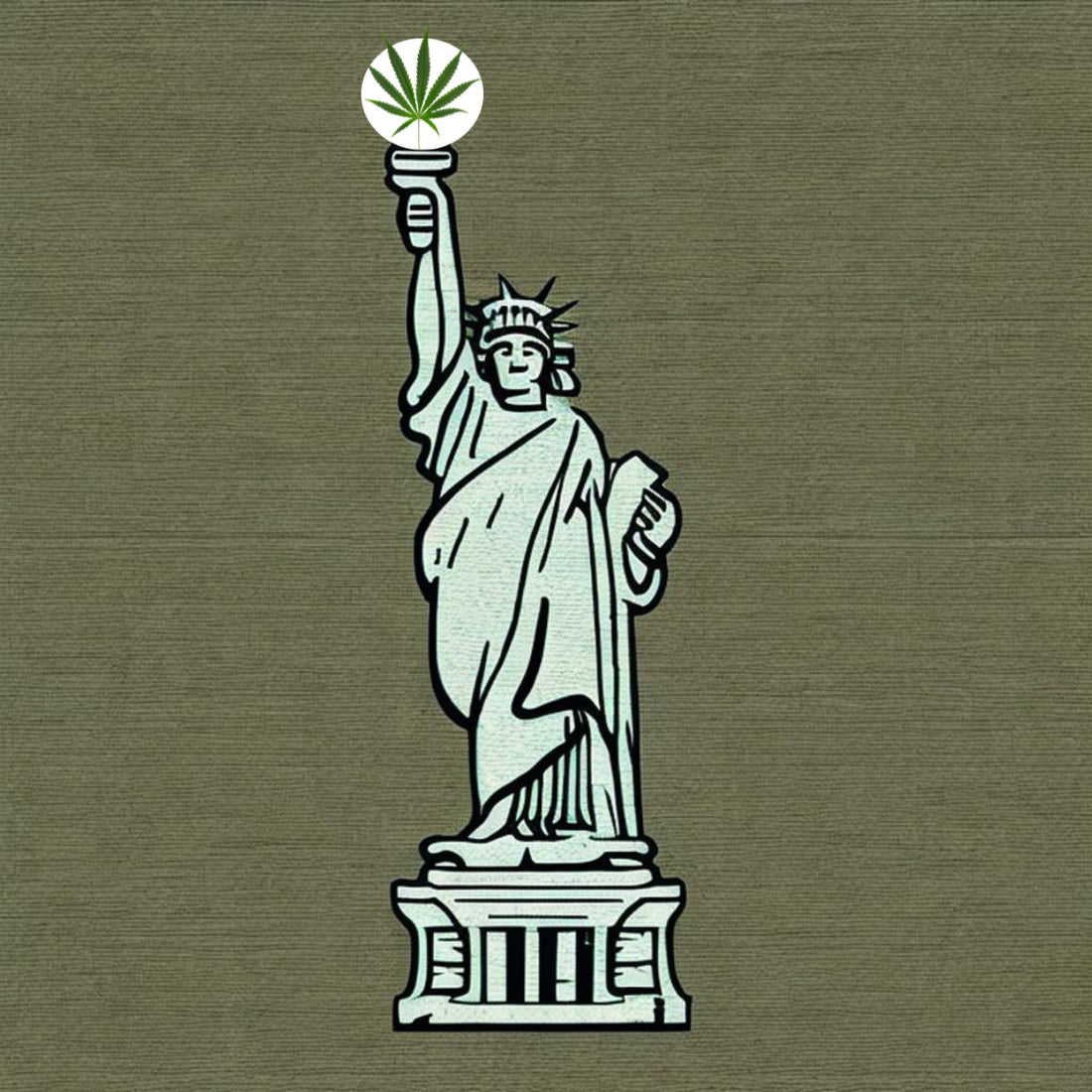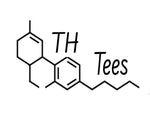The American Drug Enforcement Agency (DEA) is responsible for the enforcement of drug laws in the United States. This includes the regulation of the production, distribution, and use of drugs. The DEA has a long history of enforcing laws related to cannabis, including hemp, which is a variety of the cannabis plant. Hemp has been used for centuries for its medicinal properties and is now becoming increasingly popular for its many industrial applications.
In 1970, the DEA established the Controlled Substances Act which categorized cannabis as a Schedule I drug, meaning it had no medical value and had a high potential for abuse. This classification also included hemp, which was seen as the same as marijuana. In 2014, the DEA attempted to create a new classification for hemp extracts, such as CBD oil, which did not contain the psychoactive compound THC. However, this was met with legal challenges and it was ultimately rejected by the DEA.
Prior to the passing of the 2018 Farm Bill, it was illegal to grow hemp without a special permit from the DEA. As a result, the hemp industry in the US was virtually non-existent.
On December 20th, congress passed the Agriculture Improvement Act of 2018 which removed industrial hemp from the list of controlled substances and reclassified it as an agricultural commodity. This means that farmers are now able to grow hemp just like any other crop, without the need for a special permit from the DEA.
The Farm Bill also defined hemp as any part of the cannabis plant with a THC concentration of 0.3% or less. THC is the psychoactive compound in marijuana that gives users a “high”. By setting a limit on THC levels, the Farm Bill ensured that hemp would not be mistaken for marijuana and that farmers would not be penalized for growing it.
The effects of the 2018 Farm Bill on the industrial hemp industry have been significant. Since the passing of the bill, the number of hemp growers in the US has skyrocketed. In 2019, there were over 500,000 acres of hemp grown in the US, up from just over 100,000 acres in 2018. This growth is expected to continue in the coming years as more farmers become interested in growing hemp.
The Farm Bill has also opened up new opportunities for businesses in the hemp industry. Hemp can be used to make a variety of products, including clothing, paper, building materials, and even food and beverages. With the legalization of hemp, we are now able to operate more freely and expand modern day hemp operations.
In conclusion, the DEA oversight of hemp was significantly decreased by the 2018 Farm Bill and has had a significant impact on the industrial hemp industry in the United States. By legalizing the cultivation of hemp and reclassifying it as an agricultural commodity, the Farm Bill has opened up new opportunities for farmers and businesses alike. As a result, the hemp industry is expected to grow rapidly in the upcoming years.

